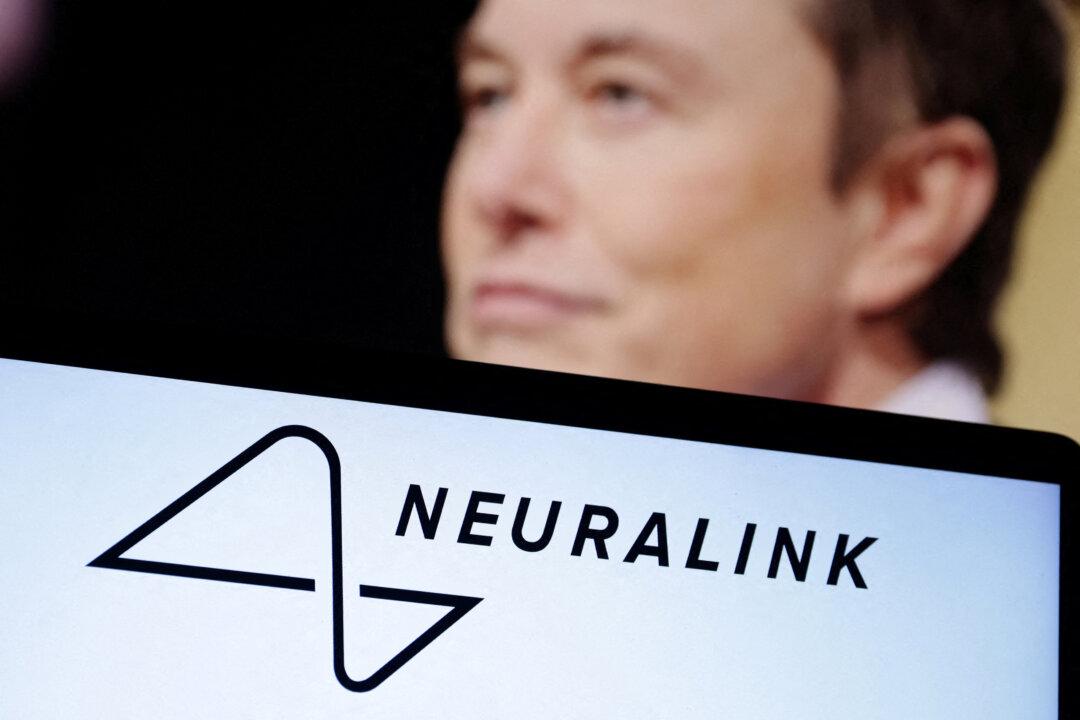Elon Musk’s neurotechnology company Neuralink has received approval from an independent review board and hospital to begin recruiting for the first-ever human trials of its brain implant for paralysis patients.
In a statement, Neuralink announced that it has begun recruiting patients with quadriplegia because of a cervical spinal cord injury or amyotrophic lateral sclerosis (ALS) for the clinical trial.




